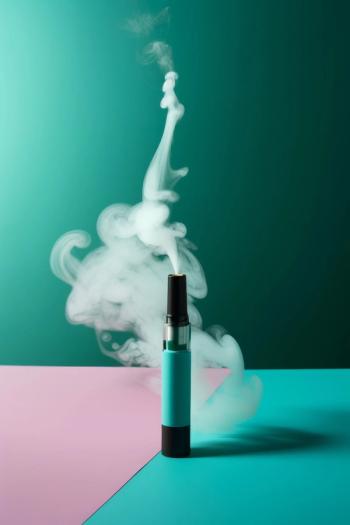
House and Senate Introduce Bill to Direct Veterans Affairs to Study Medical Cannabis to Treat Certain Conditions
The House and Senate introduced a revised bill to mandate Veterans Affairs (VA) to conduct research on the effects of medical cannabis on veterans with post-traumatic stress disorder (PTSD) and chronic pain.
On February 14, 2023, House Representatives Lou Correa (D-CA) and Jack Bergman (R-MI) filed a bill called the “VA Medicinal Cannabis Research Act” that would direct Veterans Affairs (VA) to research medical cannabis and its potential to treat veterans’ post-traumatic stress disorder (PTSD) and chronic pain (1). This bill comes one week after bipartisan senators filed a similar bill (2).
“With the opioid crisis raging across America, it is imperative to the health and safety of our veterans that we find alternative treatments for chronic pain and service-related injuries,” said Correa (1).
“This will allow us to explore treatments for chronic pain and other ailments that our veterans face without the need for opiates,” Bergman said (1). “It will also ensure the medical safety of our veterans, providing secure pathways to pain alleviation instead of driving many to self-mediate where marijuana has been legalized.”
Previous versions of this bill date back to 2018, and this current iteration includes several revisions, including giving the VA the autonomy to determine whether it can oversee clinical trials into cannabis for chronic pain and PTSD (1). The latest version of the legislation also now requires an observation study to look at the experiences of veterans who've used cannabis for such treatment in the past, outside of the clinical trial context.
“VA uses evidence-based clinical guidelines to manage other pharmacological treatments of post-traumatic stress disorder, chronic pain, and substance use disorder because medical trials have found them effective,” said Pat Murray, director of national legislative service for Veterans of Foreign Wars (VFW) (1). “VA must expand research on the efficacy of non-traditional medical therapies, such as medicinal cannabis and other holistic approaches.”
References
Newsletter
Unlock the latest breakthroughs in cannabis science—subscribe now to get expert insights, research, and industry updates delivered to your inbox.




